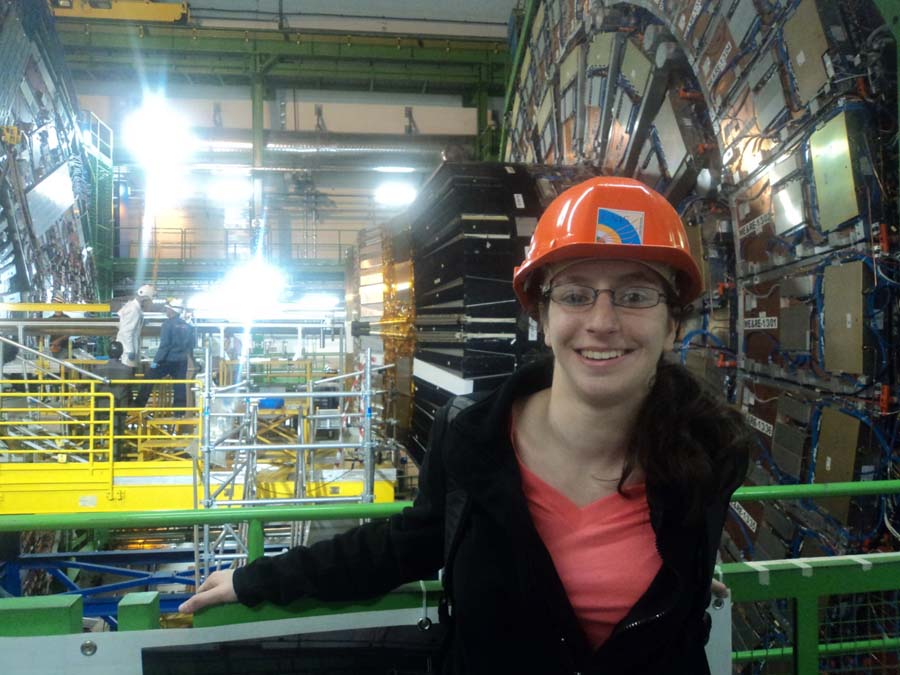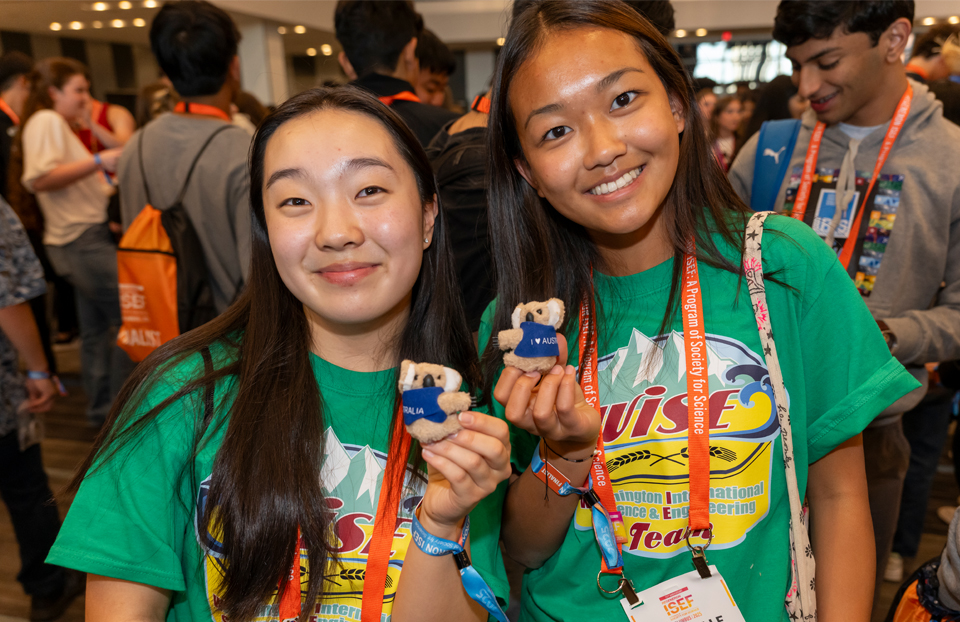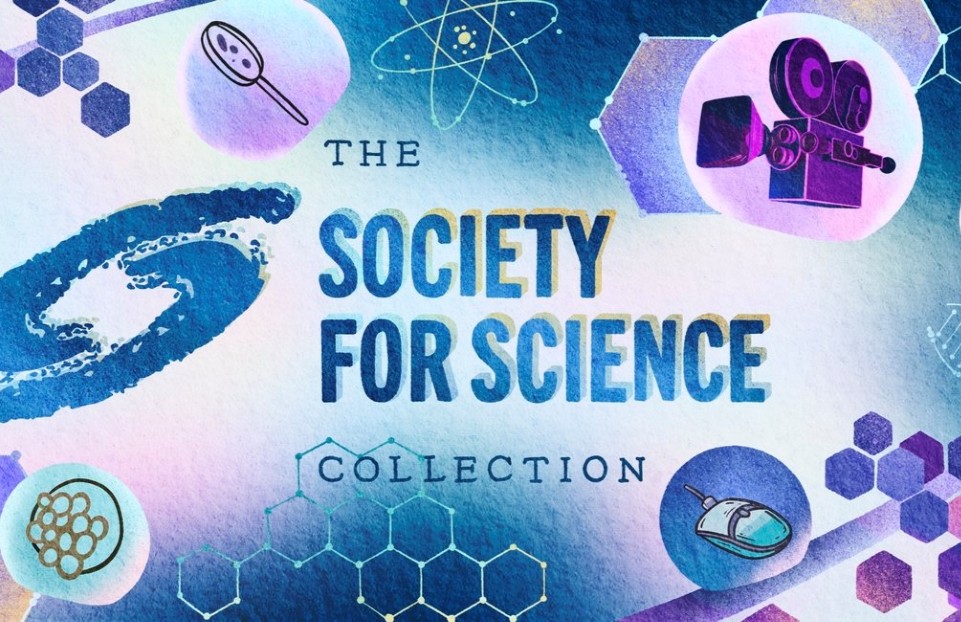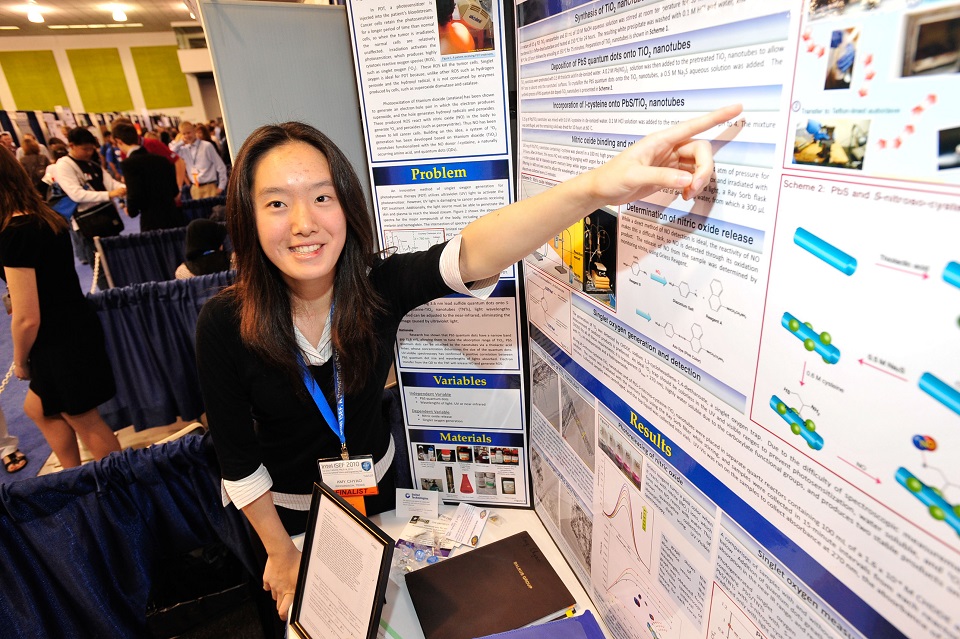Codester creator goes to CERN

The Intel International Science and Engineering Fair (Intel ISEF) is an experience of a lifetime for many students. The competition connects them to other peers interested in science, motivates them to continue following their passion for research, and in some cases, leads to awards and even more unbeatable experiences.
Gili Rusak of New York was one of the recipients of the CERN Special Award. She caught up with us to share her experiences on the six day trip.
My project for Intel ISEF 2014 was “Come Code with Codester: an Educational App that Teaches Computer Science.” For this project, I developed an Android game app called Codester (www.codesterapp.com). This app aims to teach young students the basics of computational thinking and computer science through a novel visual programming language. After developing the app, I ran various user studies with Codester to test its impact on students in grades 1-8. In only four sessions, users from every grade improved their computational thinking skills and mastered the app. Boys and girls alike engaged with it starting at a young age. Codester empowers students and advances their computer science knowledge, preparing them to tackle future, global technological challenges.
When I won the CERN trip, I was completely in shock! It was like a dream come true, and it turned out to be so much more than that. I remember telling my friend before the special awards ceremony “I’ve never been to Europe in my life.” Having the opportunity to visit this world-renowned science center and meet top scientists of all disciplines was an incredible honor.
This trip was amazing thanks to Diane [Diane Rashid, Volunteer and Special Awards Specialist at SSP, and chaperone for the CERN trip], the CERN judges who traveled to Intel ISEF to select the 12 award winners, Jan Ivan and Dr. Markus Shulz, and the scientists at CERN who put in countless hours of thought and effort to make it meaningful, special, educational, and enjoyable for us. Every minute of CERN, from soaring over Europe on a plane to walking in a magnificent glacier to seeing the enormous amount of technology at work at the CMS [Compact Muon Solenoid, an experiment at CERN], was simply breathtaking.
The LHCb experiment particularly stood out in my mind. I’m not sure whether it was the size of the structure compared to the size of a single proton or electron that amazed me, or the fact that this experiment was proving occurrences that people had previously only theorized about, but, regardless, it was impressive.
It also blew my mind how much these scientists and students loved science! No matter whether it was: on the bus ride to the Alps, during a casual dinner, or, of course, during scientific talks, everyone was always eager to discuss, explain, and teach about everything from particle physics to mathematics. I realized that one can learn by simply exchanging ideas and asking questions and this is an important tenet that continues to hold true at my current internship.
I came home, sad that this marvelous week had ended, thinking, “I want to get deeper into physics so that I can someday go to a particle accelerator lab and be able to keep exchanging ideas with scientists like the ones that I met at CERN. The experiments that are performed at CERN were truly fascinating! I wonder where they will be just a few years from now …”


